2 minute read
FOREWORD
If you’ve ever asked a teenager for help with your computer, you’ll probably have felt the crushing weight of self-doubt as you realize you understood less than half of what they just said. That same “helpful teen” would most likely scoff at the idea of a book – made out of honest-to-goodness old-fashioned paper – on the subject of learning to code. “Just Google it, there are loads of tutorials on Youtube!” they might say.
But not everyone is high-bandwidth, multi-screen ready. Plus, when you are carefully stepping through the creation of your first lines of code, a physical page with your fingertip planted firmly on the next step can act as a valuable lifeline to the tangible world.
Advertisement
If you’re reading this as a teenager yourself, congratulations on discovering life beyond YouTube! You’re about to find out that the creators of this guide are exactly the kind of industry-defining professionals whose content channels, blogs, and social media posts you’d end up on if you did decide to Google “learning to code”.
As a life-long gamer and computing enthusiast I’ve been reporting on technology for almost a quarter of a century. In that time, I’ve witnessed seismic changes in the way we interact with the world. A.I., big data, automation, e-commerce – all now intrinsic parts of our daily routines even if we aren’t always aware of them.
Technology is no longer a niche topic. In fact, today, every industry could be considered a tech industry, which leads to a simple choice: get with it or get left behind. Starting at the absolute beginning, this guide will introduce the jargon and tools you’ll need to get programming in the most popular and versatile software languages. The pages are also peppered with interesting facts about coding and careers, together with step-by-step projects to get you going. Even if you decide not to become the next Mark Zuckerberg, the skills you’ll learn will be a great asset when talking to technology professionals and will also help develop your own logic and problem-solving abilities.
It was an ancient Greek philosopher who first noted the irony “the only constant in life is change”, and this has never been more true than in the world of computing. Maybe you’re looking for a different career or want to learn a new skill to support a hobby or passion project? Or perhaps you just want to be able to talk to your tech-obsessed teenager in a language that will impress them!
For those curious about coding, this guide is full of straightforward information, in easily digestible bites, written by some of the leading educators and experts in their field. There is jargon, but it’s jargon you’ll understand as you get to it. Is learning about coding essential? No. Will it help you understand and feel more comfortable in the world we now live? I think so. Could it lead to a new and amazing career direction? Definitely, if that’s what you want.
There is still a desperate shortage of technology professionals in the workforce. Opportunities exist, but they are not going to come looking for you unless you speak at least a bit of their language.

Kate Russell
Technology reporter, author, and gamer










